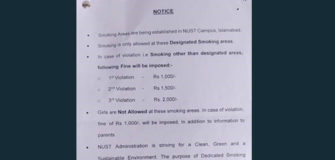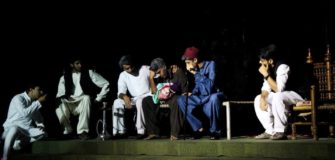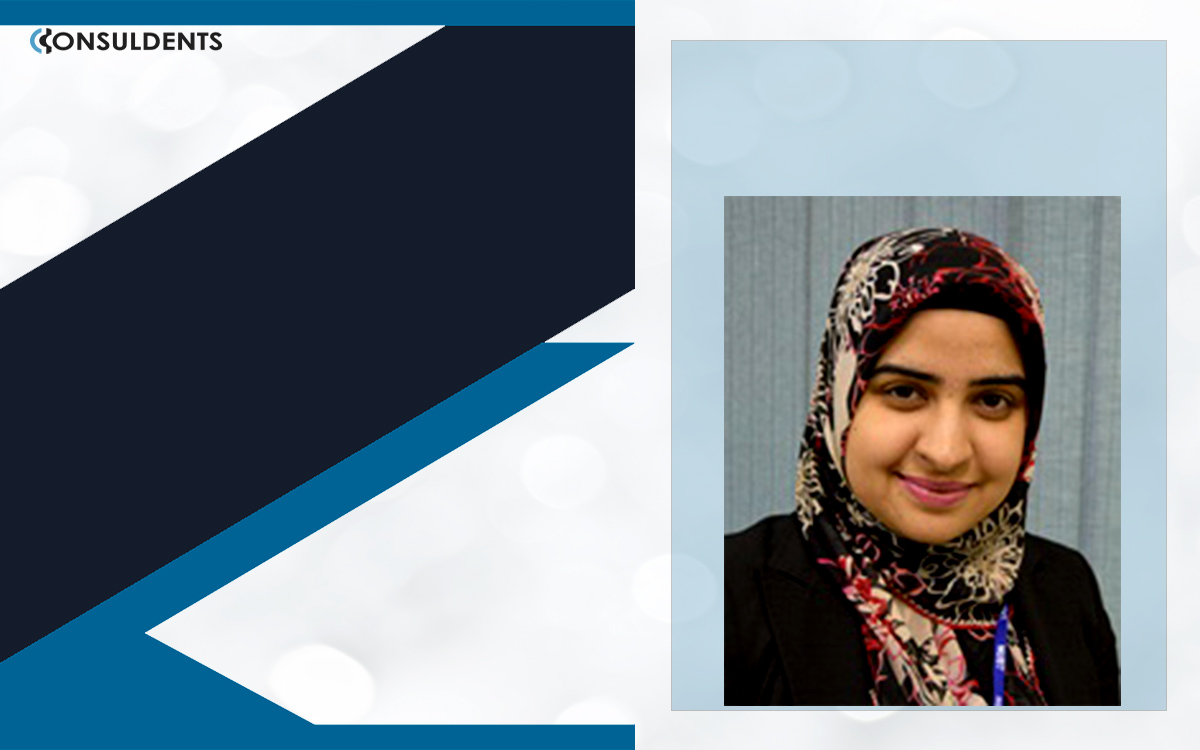Will thinking machines replace graduate students in the future?
Share

We are living through a profound transformation in the way we work and live. Automation and ‘thinking machines’ are replacing human tasks and jobs and changing the skills that organizations are looking for. What does this mean for graduate students of Pakistan? Will our graduate students be affected by the changes that follow? Will thinking machines stand a chance to replace students of today? These megatrends are already raising huge organizational, talent, educational and HR challenges – at a time when students are already wrestling with high unemployment, lack of necessary skills, under-employment, technological disruption and political and societal turmoil.
Already in Pakistan, one is starting to see the impacts of technological revolution on fresh graduate jobs. Telenor Pakistan has announced to move towards Artificial Intelligence and Machine Learning for the jobs once assumed by fresh graduates. Shaukat Khanum Hospital is using AI to detect cancer tumors. The pace of change is accelerating even in Pakistan which is making competition for the right talent and right job fiercer. And ‘talent’ no longer means the same as ten years ago; many of the roles, skills and job titles of tomorrow are unknown to us today. Which brings us to a question: How can Pakistani students prepare for a future that few of us can define? What should they do to become adaptable to newer career paths and challenges? How can they attract, keep and remain motivated to achieve the goals they want in the long run? And what does all this mean for the future?
As students, this isn’t a time to sit back and wait for events to unfold. To be prepared for the future you have to understand it. As Blair Sheppard commented:
“So what should we tell our children? That to stay ahead, you need to focus on your ability to continuously adapt, engage with others in that process, and most importantly retain your core sense of identity and values. For students, it’s not just about acquiring knowledge, but about how to learn. For the rest of us, we should remember that intellectual complacency is not our friend and that learning – not just new things but new ways of thinking – is a life-long endeavour.”
Key messages for students
Act now: This isn’t about some ‘far future’ of work – change is already happening and accelerating fast. Remain adaptable and open to opportunities. When you work on live industry projects on Consuldents – whether voluntary or paid – you stand a chance to learn something new.
No regrets: The future isn’t a fixed destination. Plan for a dynamic rather than a static future. Gone are the days with one fixed job for the rest of your life. In today’s high value environment, you’ll need to recognize multiple and evolving scenarios.
Make a bigger leap. Don’t be constrained by your starting point. You might need a more radical change than just a small step away from where you are today.
Own the automation debate. Automation and Artificial Intelligence (AI) will affect every level of the business and its people. It’s too important an issue to leave this to a department that you don’t relate to. A depth of understanding and keen insight into the changing technology landscape is a must.
People not jobs. Students can’t protect jobs which are made redundant by technology – but they do have a responsibility to their career. Invest in yourself. nurture agility, adaptability and re-skilling.






